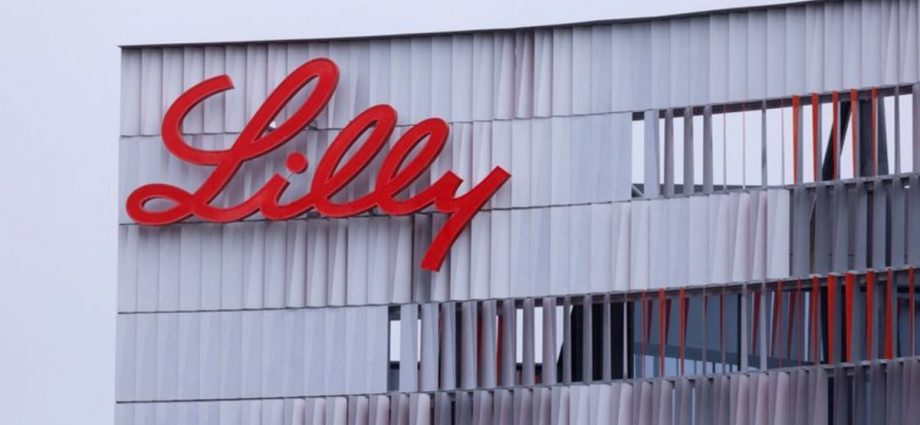
The cost of expanding US Medicare prescription drug coverage to pay for expensive, new obesity medications could be catastrophic, health economists warned in a report published on Saturday (Mar 11).
Big-selling diabetes drugs have been repurposed as obesity treatments after demonstrating weight loss of more than 20 per cent in clinical trials. While they are far more effective than older drugs, lifetime use might be required to keep lost weight off.
Once-weekly injections of Novo Nordisk’s Wegovy, for example, cost more than US$13,000 per year in the US after rebates and discounts. Mounjaro from Eli Lilly and Co, expected to gain US approval for obesity next year, retails at US$1,540 for a one-month supply for diabetes.
Presently, Medicare is forbidden by law from paying for antiobesity prescriptions. But should the bipartisan The Treat and Reduce Obesity Act get reintroduced and passed by Congress, Medicare will be compelled to cover drugs for weight loss.
Health economists writing in The New England Journal of Medicine estimate that if 10 per cent of Medicare recipients with obesity diagnoses used prescription weight loss drugs, annual part D spending would be US$26.8 billion for Wegovy compared with US$1.32 billion for a generic version older Qysmia from Vivus Inc.
That amounts to nearly 20 per cent of the total 2019 Medicare Part D spending, Khrysta Baig of Vanderbilt University School of Medicine and colleagues said.
“The burden of obesity and obesity-related conditions is unquestionably high, but the value of Medicare coverage of antiobesity medications remains unclear,” they said, adding that more research is needed to know whether weight loss induced by these drugs translates to better long-term health outcomes.
The Medicare health program covers more than 60 million Americans, most over age 65. The authors point out that many people in the program have already incurred the health problems associated with long-term obesity, unlike younger populations typically included in clinical trials.
Obesity prevalence in the United States is 41.5 per cent among adults aged 60 and older, according to the Centers for Disease Control and Prevention.
The influential Institute for Clinical and Economic Review (ICER) has said the annual price of Wegovy would need to decrease to US$7,500 to US$9,700 for it to be cost effective compared with lifestyle modification alone. Even at that price range, it still would not be cost-effective compared with generic Qysmia, ICER said.
“Given the outstanding questions about the benefits of these drugs for Medicare beneficiaries, it would be prudent for Congress and CMS (the Centers for Medicare & Medicaid Services) to fully consider tradeoffs before passing legislation of this magnitude,” Baig said.

